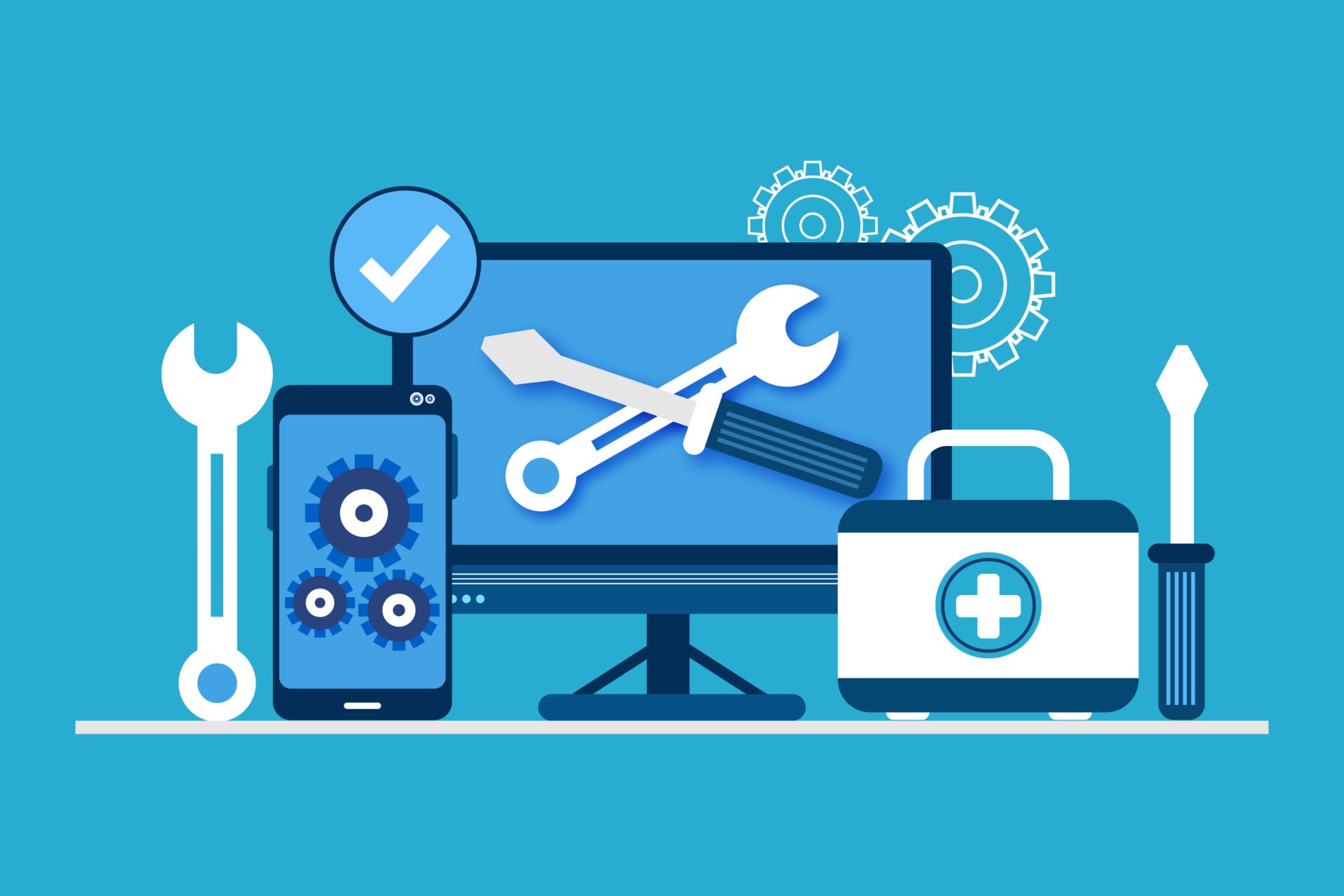This piece originally appeared in the Santa Fe New Mexican.
Supreme Court Justice Louis Brandeis famously described states as “laboratories of democracy” with the power and flexibility to experiment with solutions to our nation’s pressing policy challenges.
As our nation’s governors gather in New Mexico this week to discuss the opportunities and challenges facing their states, they need to think not only about the needs of today, but also to create a vision to prepare their states for a very uncertain future.
We have both had the privilege of serving as governors, and we believe in the importance of innovating at the state level to drive job creation and grow the middle class.
As the CEOs of their states, governors must embrace this forward-looking innovation, thanks to fundamental changes posed by the changing nature of work.
Today, even in the midst of a historically tight labor market, jobs are changing quickly in response to rapid technological change. From autonomous vehicles in Arizona to cashierless grocery stores in Washington, there are dozens of examples of how technology is changing how we use transportation, shop — and ultimately work.
New technologies will also change how people work, and in some cases, eliminate jobs entirely. Governors need to be prepared for both sides of that equation. They can embrace the role technology can play in growing the economy, but also recognize the resulting need for investments in education and training to help workers who need new skills or new jobs.
As machines are increasingly capable of taking on tasks we thought were “human,” people will need to learn new skills to take on different tasks. For example, by 2030, automation is projected to be able to perform a third of activities in 60 percent of jobs.
Not surprisingly, Americans are seeing these developments and feeling uncertain about what the future may hold. More than half of the U.S. workforce said in a recent survey that they’re not very confident their job will exist in 20 years.
As in previous economic revolutions, the technology age will give rise to countless new jobs. We just don’t yet know exactly what form they will take, so to be a lifelong employee anywhere, workers will need to be lifelong learners. Governors should begin to develop plans that address the insecurity workers are feeling and ensure that as jobs change, American workers aren’t left behind.
As laboratories of democracy, states can develop creative solutions to address these challenges. In Indiana, Purdue University is experimenting with income share agreements, which invest in students to help them cover college costs as an alternative to student debt. In exchange, students pay a percentage of their future income back to the university after they graduate. By connecting employment outcomes and the cost of college, Purdue is hoping to share some of the risk and better equip students with the skills needed to succeed in the labor market.
This summer, the university also debuted Purdue Global, an online school aimed primarily at those 36 million adults who started but never finished college.
In Colorado, an organization called Skillful started with the goal of building a skills-based labor market, providing more transparency around the value of education and training programs.
This February, governors from 20 states, including Indiana and Virginia, joined together to form the Skillful State Network — demonstrating a shared commitment to help their states’ workers and businesses succeed in a changing economy. Efforts like these help students, workers and businesses keep pace with the changes in the economy, allowing states to build a skilled workforce.
While the needs of labor markets differ across states, states have an opportunity to drive innovation that can address a national need. By piloting programs and policy solutions, states can share best practices and better equip workers across industries and regions for the jobs of the future.
As current and future governors talk to their citizens, we encourage them to discuss these issues. Rather than waiting for solutions to come from others, our country needs forward-looking governors to develop new ideas, pilot programs and partnerships that help support American workers manage the transitions that are coming.
America has the innovators, work ethic, free markets — all the elements for long-term success.
If we falter, it will be because we did not enable enough Americans to prepare and adapt to the world that’s coming.
The future of work is uncertain, but we believe that policymakers — working with businesses, educators and workers — can rise to the challenge and help build a 21st-century economy that gives every American the opportunity to succeed.
Mark Warner is a U.S. senator and the former governor of Virginia. Mitch Daniels is the president of Purdue University and the former governor of Indiana. Together, they serve as the honorary cochairmen of the Aspen Institute’s Future of Work Initiative.

